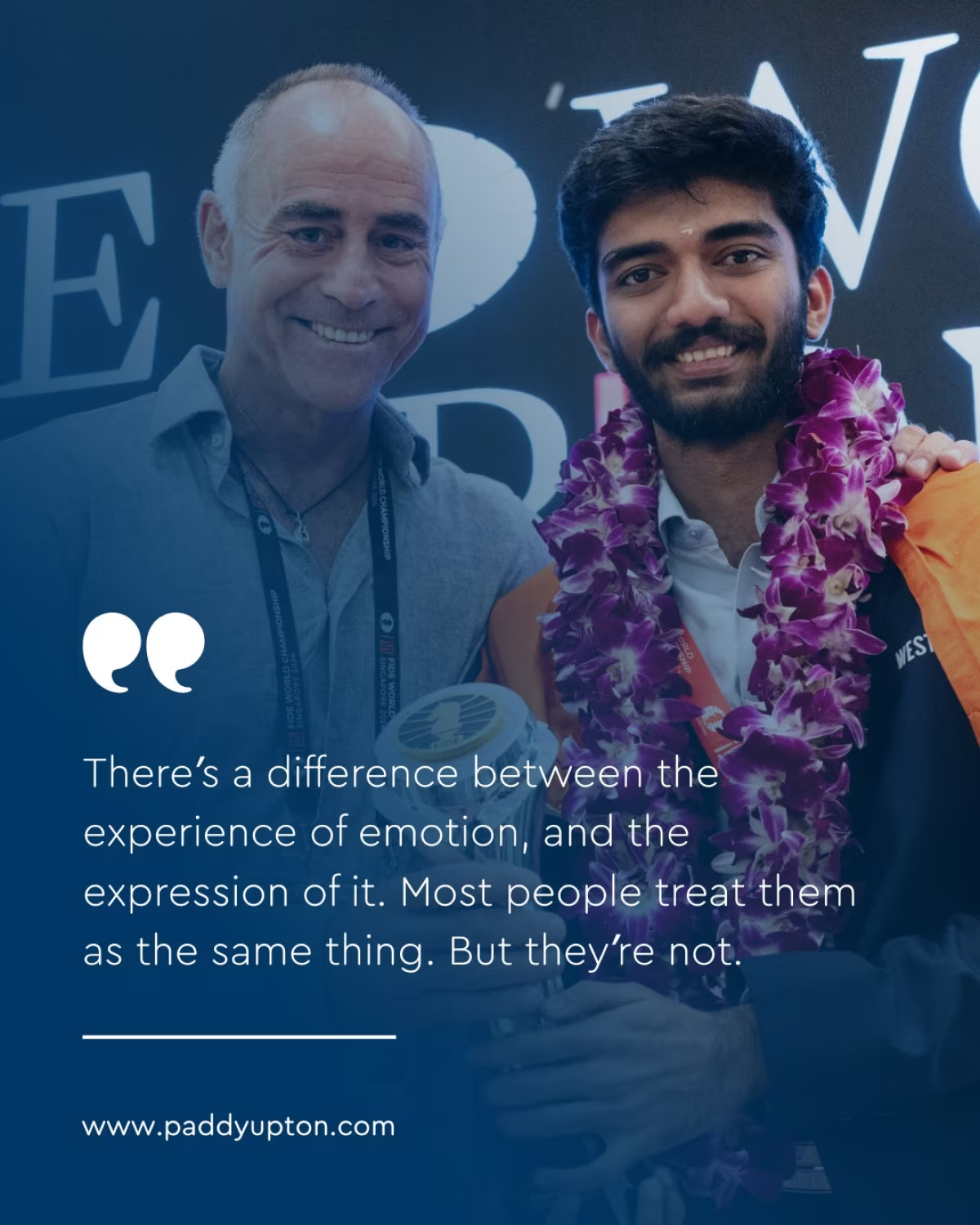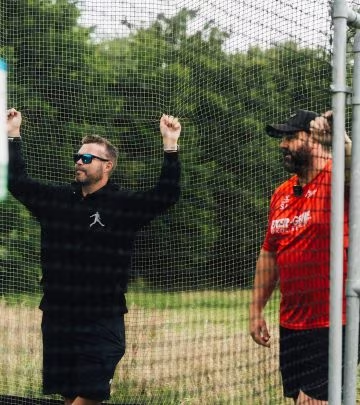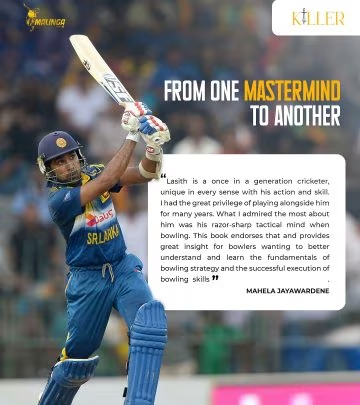Mastering Emotional Control: Power Of A Pause
Top performers balance inner turmoil with a pause, turning raw emotion into steady triumph

Image: Instagram
Paddy Upton, widely known for his groundbreaking insights on mental toughness in sport and business, has once again shed light on the importance of pausing before reacting. In his latest article, The Power of a Well-Timed Pause, he explains that feeling something internally does not necessarily require an immediate external reaction. This approach, he argues, is a critical skill for high performers in high-pressure environments.
Understanding The Pause
In his recent social media update, Upton stated, “Just because you feel something, doesn’t mean you need to express it right now.” He further explains that one of the most valuable skills observed in high-performing athletes and business leaders alike is the ability to create a brief pause between internal emotion and external response. This pause is not about suppressing feelings but managing them—turning raw, unfiltered emotion into a measured, impactful performance. For many, this is a lesson learned the hard way: acting too quickly can often lead to regret, while a well-timed pause opens the door to clearer thinking and better decision-making.
The Emotional Equation In High Performance
Paddy Upton, also known as The Barefoot Coach, has built his career by demonstrating how mental game mastery can enhance overall performance. Citing both sporting and business scenarios, he highlights that the ability to manage internal emotions is as important, if not more so, than the emotions themselves. The underlying message is that in many high-visibility moments, taking a moment to pause can be the difference between success and missed opportunity.
Drawing on his extensive experience—documented in his previous articles and showcased on his Instagram account—Upton reminds his audience that the power of a well-timed pause is a strategic asset. His approach is rooted in research and personal observation, emphasizing that the best do not simply react to their feelings but process them to respond more effectively under pressure.
Bridging Sport And Business
Upton’s philosophy resonates across fields: from elite athletes who need to maintain calm in the face of adversity to business leaders who must navigate complex challenges. He notes, “In high-pressure, high-visibility moments, what you do with that emotion often matters more than the emotion itself.” This principle has been echoed in several of his previous Instagram posts where he connects mental clarity with sustainable performance. For instance, in one earlier post, he addressed how overemphasis on rapid results can detract from long-term growth, urging young professionals to focus on measured progress instead of immediate gratification.
The concept of a pause, as explored by Upton, is not about being detached from one’s feelings but about building a buffer that allows for a more thoughtful response. During stressful moments in a game or board meeting, this pause enables individuals to act with precision rather than impulsivity—a skill that is trainable and can significantly improve outcomes.
A Closer Look At Upton’s Impact
Upton’s influence extends far beyond the sports arena. According to reliable sources, his approach to mental game coaching has been instrumental in shaping the recovery routines and strategic mindsets of several top sports teams. His work has inspired athletes to view recovery not as a luxury, but as an integral part of performance. His methodology—often discussed during interviews and detailed on his personal website—emphasizes that high performance is built over time and requires a thoughtful approach to both training and emotional management.
A glance at one of his recent Instagram posts (available at instagram.com/p/DLBkugJPtBO) shows a reflective photograph where Upton’s calm demeanor mirrors the message he delivers: pause, reset, and then act with precision. This visual element reinforces his argument that in moments of high stress, a deliberate pause can turn internal turmoil into the fuel for sustained excellence. His candid and relatable style has struck a chord with many, offering practical advice that’s applicable not only on the field but in everyday life.
Lessons For Aspiring High Performers
For those who have ever felt overwhelmed by their own emotions, Upton’s message is both an invitation and a call to action. The idea that a pause can allow one to process feelings before reacting offers a new perspective on handling pressure. Rather than allowing knee-jerk reactions to dictate outcomes, high performers learn to employ this pause as a powerful tool for clear thinking and effective decision-making.
By urging his followers to comment with the word “Pause” to receive his latest article, Upton not only engages his audience but also reinforces the importance of mindfulness and self-awareness. His advice is a timely reminder that in both sport and business, the ability to manage one’s emotions is central to achieving long-term success.
This balanced approach distinguishes those who simply react from those who strategically control their responses. In essence, Upton’s philosophy encapsulates a shift from impulsivity to deliberate action, a mindset that can transform everyday challenges into opportunities for triumph.
The conversation around emotional control continues to evolve, and leaders like Paddy Upton are at the forefront of this discussion. His work challenges conventional wisdom and offers fresh insights on how success is crafted through the subtle art of pausing. Ultimately, his message is clear: managing your emotions effectively is not about restraining your feelings but about using them to rise to your full potential.
Read full bio of Srijita De























